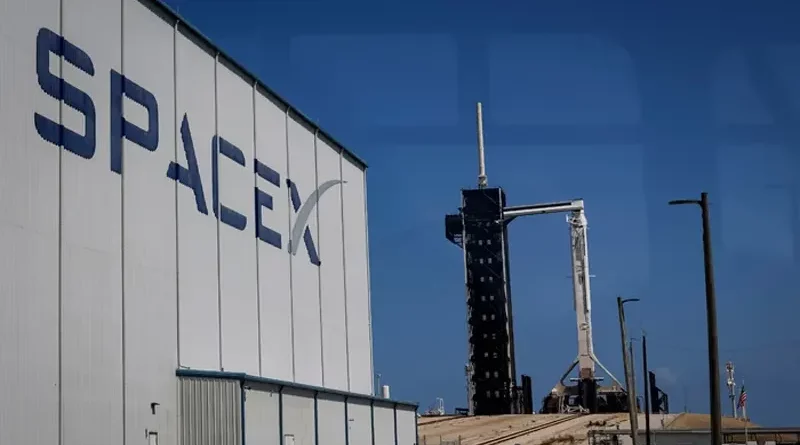Is Starlink satellite threat to humans? Elon Musk SpaceX breaks silence
Tech billionaire and CEO Tesla Elon Musk’s company rejected a report by the Federal Aviation Administration highlighting dangers posed by the Starlink satellite constellation to humans on Earth, calling it “inaccurate” while urging the regulators to “improvise”.
Elon Musk’s company said in a letter Tuesday that the report relied “on a deeply flawed analysis that falsely characterises reentry disposal risks associated with Starlink.”
The letter read: “To be clear, SpaceX’s satellites are designed and built to fully demise during atmospheric reentry during disposal at end of life, and they do so.”
The Aerospace Corporation — the non-profit group that contributed to the report — was also accused of not accounting for the analysis of SpaceX pertaining to the satellite disposal.
The report was submitted to the members of Congress on October 5 by the FAA, painting a bleak picture of the dangers posed by the constellation of Musk’s Starlink satellite.
It suggested: “By 2035 if the expected large constellation growth is realised and debris from Starlink satellites survive reentry … one person on the planet would be expected to be injured or killed every two years.”
According to the report’s estimation, the probability of an aircraft suffering an accident with falling space debris could be 0.0007 per year by 2035.
SpaceX explained in its report that 325 satellites were deorbited since February 2020, and no debris has been found.
In a statement issued Tuesday afternoon, the Aerospace Corporation said, “Our technical team is in communication with SpaceX and others to review and update the data.”
“It was approached by the FAA more than two years ago to do an independent assessment of collective risks associated with satellite re-entry, based upon the projection of all planned operators under US regulation in 2021,” it stated in a statement.
“The data included existing and planned constellations through 2035. The greatest percentage of satellites were those in Low Earth Orbit.”
Starlink risks
It was acknowledged by the FAA that Starlink satellites fully burn up in the atmosphere when they fall back to Earth at the end of service, posing no risk.
However, the Aerospace Corporation noted that “with the thousands of satellites expected to reenter, even a small amount of debris can impose a significant risk over time.”
SpaceX while rejecting the report regarded the assessment based on “egregious errors, omissions and incorrect assumptions.”
SpaceX also criticised the report for focusing “only on Starlink, disregarding other satellite systems like Amazon’s Project Kuiper, OneWeb, or any of the LEO systems being developed and deployed by China.”
The report noted that by 2035, Elon Musk’s satellites will account for “85% of the expected risk to people on the ground and aviation.”

